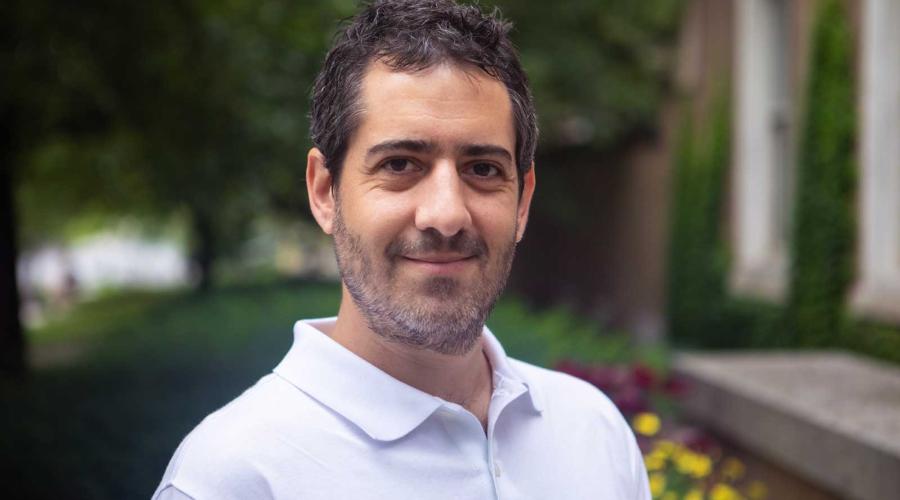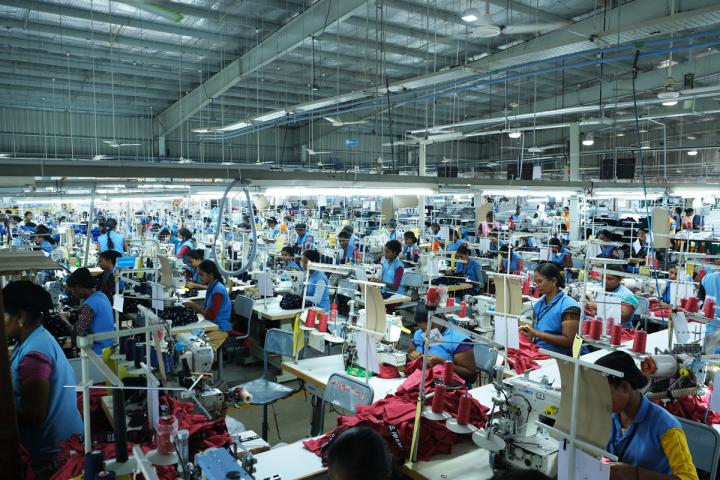
Essay Examines Why Boliva’s Most Popular Party Isn’t on the Oct. 19 Ballot
When Bolivia held its presidential election in August, Evo Morales – the country’s President from 2006-2019 – was not allowed on the ballot.
Morales, who had previously succeeded in overturning the country’s two-term limit before being forced out of power in the chaos after his fourth bid for the presidency, had urged voters to cast null (blank) ballots to protest his exclusion. Voting is compulsory in Bolivia, and 19 percent of the voters followed Morales’ direction. The election ended with not one of the eight candidates on the ballot having received the required percentage of votes, causing Bolivia’s first-ever presidential runoff election to be scheduled for Oct. 19.
All this drama is related to the rise and fall of Bolivia’s Movimiento al Socialismo (MAS) party. Santiago Anria, ILR associate professor in the global labor and work department, has written an essay, “Why Bolivia’s MAS Collapsed,” that connects what went wrong for MAS with political theory. The essay was published earlier this month by “Journal of Democracy.”
Anria has had a scholarly interest in MAS for decades, and he has studied the origin, expansion, consolidation and growth of MAS, along with its recent collapse. “As somebody who wrote about the origins, I felt a need to document the demise,” Anria said. “I felt a professional imperative to address what happens now.
“MAS was in some ways an unusual feature in Latin American politics. It was a fairly remarkable development, starting as a social movement, as a small organization, and it was able to tie together all sorts of groups with similar, yet distinct, grievances and demands into a unified political front,” Anria said.
In his essay, Anria describes Morales as the “founding leader” of MAS, the party whose “ascent to power in 2005 marked a historic rupture with Bolivia’s white- and mestizo-elite–dominated political order. Born of indigenous social mobilization, the party emerged from the longstanding struggles for recognition, inclusion, and representation,” leading to a “historically unprecedented inclusionary project which profoundly transformed the country.”
According to Anria, this transformation combined sustained economic growth with a steep reduction of inequality. “The domain where the country was transformed the most,” he said, “was that groups that were formerly outside of political power got unprecedented access to and influence over state institutions, producing a new normal in Bolivian politics. My research shows that there was a deep process of empowerment.”
Anria is the author of “When Movements Become Parties: The Bolivian MAS in Comparative Perspective” (2019) and coauthor (with Kenneth M. Roberts, the Richard J. Schwartz Professor in Cornell’s department of government) of the soon-to-be-published “Polarization and Democracy in Latin America: Legacies of the Left Turn” (2026).
Anria writes that MAS, like other “left turn” movements in South America that began in the late 1990s, has had difficulty adjusting to social change, meeting rising expectations, and balancing the desires of competing political movements. Anria explains that Bolivia is not experiencing a “classic democratic breakdown,” nor is it undergoing a “conventional form of democratic backsliding;” instead, he says, the country is facing an erosion of democracy caused by factionalism and mismanagement of leadership transition within what was the leading political party, MAS.
MAS, explains Anria, was so powerful that it did not consider “opposition rights and institutional checks and balances.” If that wasn’t enough of a problem on its own, autocracy was. Morales’s experience of what Anria terms “autocratic temptation” caused him to eventually lose some sources of support and the MAS party to break apart into factions.
As it stands now, the Oct. 19 runoff will be between the top two winners of the August election: first-place candidate Rodrigo Paz, a centrist who received just over 32% of the votes, and Jorge “Tuto” Quiroga, a right-wing candidate who received almost 27%. The official MAS candidate, Eduardo Del Castillo, received only 3.17%, barely enough to allow MAS to remain a recognized Bolivian political party.
Whoever is in power after the runoff will lead a country in economic and political turmoil, while Morales still has a political base and may still be trying to call the shots, even though MAS lost all its Senate seats and kept only two seats in the 130-seat Chamber of Deputies.
What happens next? Could MAS, or something like MAS, re-form and rise again? Anria ends his essay noting that political parties are “like the proverbial cat: they have more than one life.”


